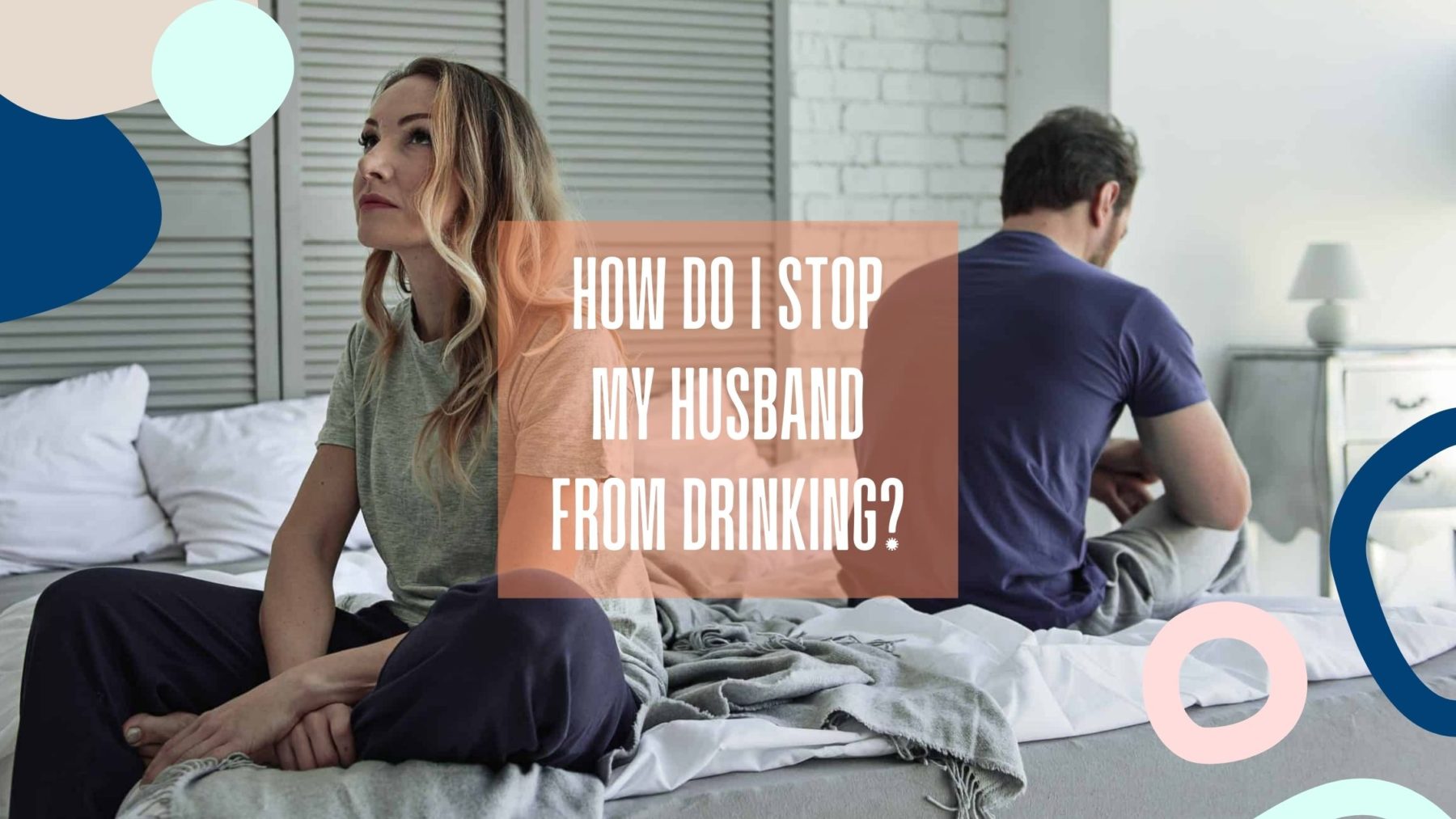1. Stop everyone from pretending that it’s not a problem.
A drinking problem is harmful and embarrassing. So the first impulse is to pretend it is not real or hope that it goes away on its own. Neither will ever happen. So, don’t continue to deny it. Begin to express openly how it affects you, and encourage your family members to do the same. It needs to come out in the open for the sake of everyone’s mental health. Keep reading for more tips on how to do it.
2. Express Yourself Openly
Don’t Lecture, and don’t Preach. Lecturing and preaching don’t work. Not if you want to get results. How many times have people lectured you? How many times have you followed their advice? If you have, and you have been able to avoid learning from your own experience, you are the rarest and luckiest person alive. Do you know what does work? Listening and expressing yourself sincerely. Saying how you feel.
3. Use the Power of “I feel…”
In reality, we can’t claim to know another person’s thoughts and feelings. We can infer them from observation, but we can never know for sure unless they tell us. Research shows that when we speak about ourselves people listen, why? Because we instinctively know that people are the true experts of what they think. So, always communicate using this power. Say how the drinking problem is affecting you. Say what you experience, and honestly say what you are likely to do about it. Carefully. No threats. No ultimatums.
4. Fight the temptation to blame — Hold Him Responsible Instead
In psychology, we know that blaming raises people’s defenses. They stop listening and start defending. Why? Because we want to protect ourselves from negative feelings like shame and guilt. Being confronted with bad behavior triggers these negative feelings. It takes a lot of emotional fortitude to take this emotional hit, and deal with it directly. Many people are not that emotionally strong. So, in order to deliver your message clearly, instead of blaming, make people responsible for their actions. A direct statement like “when you did this, X happened” is different from “it’s your fault”. Become like a mirror that shows the person how their drinking is causing damage. This approach, paired with Number 3 above is a very powerful combination.
5. Have the Solution Ready to go.
When the above interventions work, you need to be ready to provide a quick solution that you can implement immediately. A person with a drinking problem experiences a very small window of awareness and acceptance. When their defenses break and they become open to change, you need to have a clear plan. You need to have made arrangements with professional sources of help that are ready to accept your loved one and begin the process of treatment immediately. Call ahead to sources of treatment. Get information from them. Determine which one promises to give you the kind of treatment that you need. A good source of treatment will guide you through the process of getting you ready to offer your loved one the right help.
So, armed with these 5 strategies you are no longer helpless. Stand up for the sake of your mental health and your family’s. You have our support.
